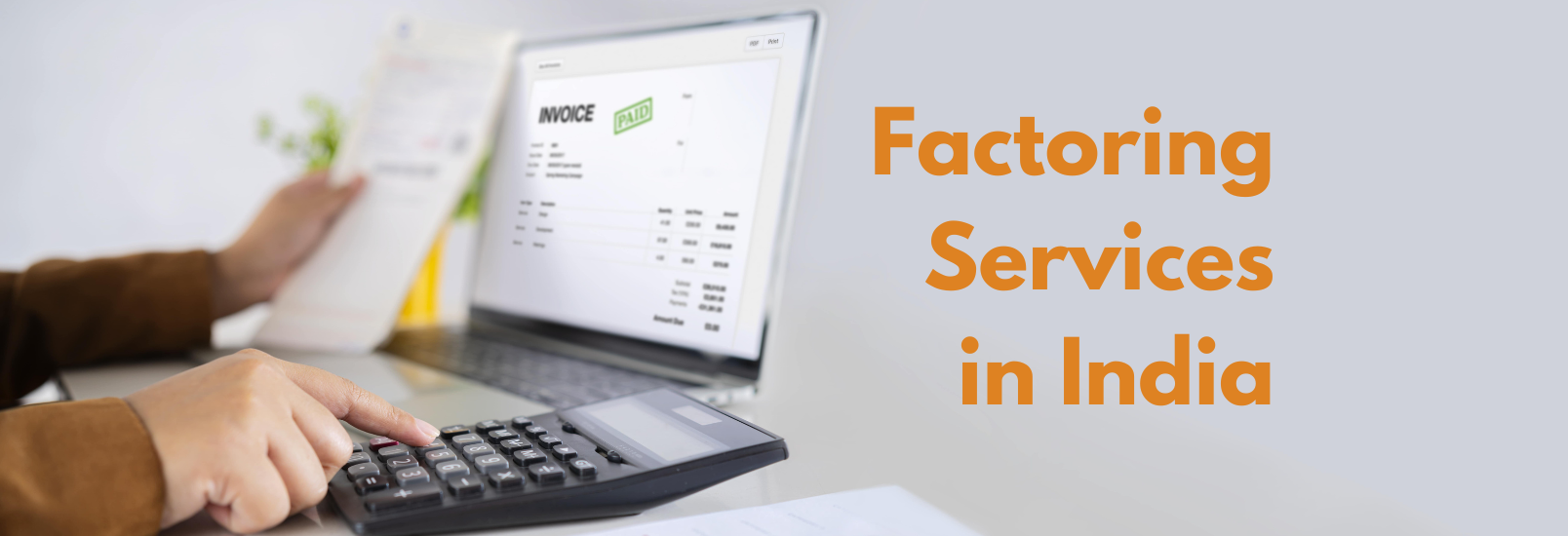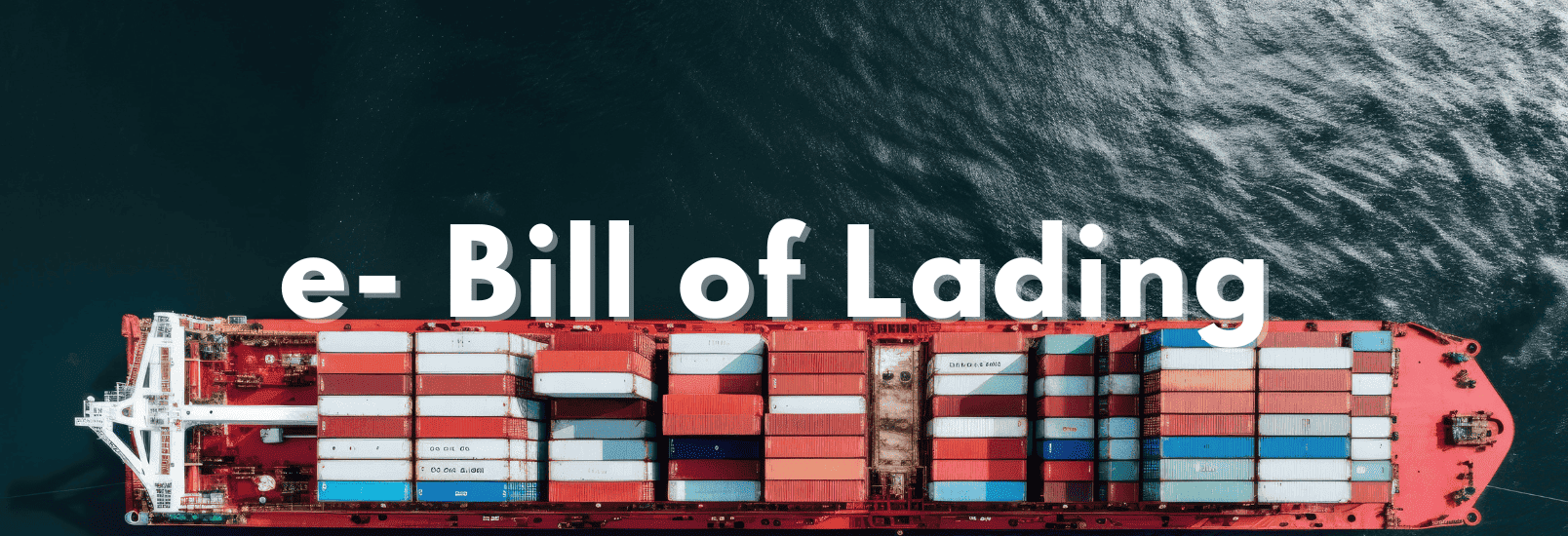For creditors, pursuing debtors in Malaysia may be a time-consuming, challenging, and expensive procedure. This is particularly valid for international creditors who fall under different legal systems. Debt recovery may face significant difficulties due to variations in laws, practises, statutes of limitations, and time frames. In certain situations, our organisation operates as an agency and offers a liaison service that includes hiring attorneys. In addition to giving solicitors instructions to start legal proceedings, we also offer credit management services including sending letters of demand prior to legal action, a service that looks into a company's history, credit reports, and status reports.
Commercial collections refer to the process of recouping unpaid invoices owing to another company. When a client owes a business money, consumer collections take place.
The debt collection industry consists of two distinct functional areas. One is debt collection for customers from businesses to consumers, or B2C. The other is debt collection between businesses, also known as B2B.
Commercial Debt Collection: The objective of a commercial debt collection agency Malaysia is to recover an unpaid debt that one company owes another. This type of commercial debt often arises when one business fails to pay another for goods or services supplied.
Consumer Debt Collection: If a customer owes a business money, the business may hire a consumer debt collection firm to find the customer and convince them to pay the bill. Consumer debt includes, but is not limited to, debt from personal credit cards, medical expenses, past-due mortgage payments, phone and power bills, among other things.
Malaysia is a diverse and culturally rich country that is still developing but has enormous economic potential. Southeast Asia, where Malaysia is located, is one of the world's fastest-growing regions, with projected average annual growth rates of 5.1% for ASEAN members.
For banks operating in Malaysia, whether they are foreign institutions entering the country or well-established local banks, there are still significant obstacles to overcome, especially when it comes to collections and debt recovery. Here are eight of these problems.
Malaysia's debt situation is highly complex. This is because of a variety of issues, and even while the region is home to many diverse nations at various stages of development, there are definite points of convergence. Local laws are one of these similarities. The fact that Malaysia is emerging from an economic slowdown brought on by COVID further complicates the regulatory environment there. Several of the rules, not to mention the cumbersome judicial system, are incompatible with customary Western practises.
Another noticeable feature of Malaysia is the issue of corruption, which banks continue to encounter. The 1MDB crisis in Malaysia has rocked the banking industry lately, and a parliamentary committee has found at least $4.2 billion in erroneous transactions connected to the business. The controversy now extends to Singapore, where DBS, a major financial institution, participated in a number of transactions that connect them to 1MDB's misdeeds.
Malaysia has frequently been plagued by lax banking laws and rising debt. From the standpoint of debt collection, Malaysia's loose rules and banking regulations are another country that frequently has problems.
There must be open lines of contact between local collectors, banks, and clients for debt recovery efforts to be fruitful and successful. There will be issues if the infrastructure necessary for that communication is not in place.
Because rents are rising and living expenses are rising, fast, unplanned urbanisation also brings with it other difficulties. Bank customers may find it difficult to make their debt payments in this environment and will require assistance from their banks to stay ahead.
Malaysia is a relatively tech-adopting nation, but it has a ways to go before it fully embraces online shopping and other digital technologies.
Because of the adoption gap, debt collection won't be ready for the digital transformation age, which is where the future is, for some time.
We now have access to quick money transfers from our own personal devices thanks to mobile banking apps. The identity technology that we might take for granted in the West, however, is still lagging in Malaysia, where many people still rely on tangible forms of ID. As paperless technology saves money, is more environmentally friendly, and is more convenient for both banks and debtors, this dependency is troublesome for collections teams.
With banks "lending irresponsibly" and not taking a long-term view on debt, collection techniques in the region still lag well behind those in the West. Malaysia experiences a similar situation. Overconsumption and overborrowing are problems when lifestyles advance.
Pre-collections as well as efforts to keep accounts from becoming delinquent both require increased investment.
Malaysia is the leading region for the increase of mobile data traffic, with data use increasing by 29% in 2018. This is due to Malaysia's expanding digital penetration and more affordable mobile data. Even while there is more data in the region than ever before, handling that volume of data can be difficult, especially in areas that may not be best suited to handle it. Data centres are difficult to construct and expensive to operate in Southeast Asia. They are also susceptible to system failures, power outages, and cyberattacks—problems that many developing nations face.
As a result, it's crucial that banks considering investments in the area have their debt collection procedures in order and make investments in reliable digital infrastructure.
How much does using debt collection services in Malaysia cost?
The fee structure in Malaysia is success-based, which implies that you only pay if money is collected. We successfully collect on your claim. If no money is recovered, the client is not charged. It ranges from 10% to 20%.
In Malaysia, a variety of strategies are used to collect debt. The first step of the collection will take place amicably in Malaysia without the need of legal action. The collecting agencies' knowledge of Malaysian laws, rules, and business customs helps with this. Among the carried out actions are:
Collection agencies typically follow the correct debt collection procedures to protect their clients' relationships with them. In the relevant jurisdiction, there are local experts who are permitted to carry out debt recovery actions.
Some debt collection companies offer an internet portal, which improves debt recovery. The method used is straightforward.
In business-to-business transactions, there is always a danger that some clients won't make their payments on time. Your clients may overlook your invoice if they have a lot of bills to pay within a specified time frame. In other instances, it's because a customer doesn't have the money they expected to need to pay for your services. The good news is that by using the debt collection techniques listed below, you can lower the quantity of unpaid invoices you have.
When you primarily or only rely on B2B services for your income, there may be occasions when you deliver your services before your clients have paid.
Although widespread, this strategy is fundamentally dangerous because late payments from customers disrupt your cash flow. You'll consequently have less money to pay for your expenses. These gaps occur less frequently when a solid debt collecting strategy is in place.
A sound collecting approach also facilitates better communication with your clients. Collection tactics also make your client's life easier because they require you to properly describe the ways in which clients can pay you and the deadlines for doing so. You should frequently reevaluate your collection technique for this reason, as well as cash flow considerations, because you can't remedy problems until you discover them, and some problems might not be visible at first.
To simplify your debt collection procedure, try a few, some, the majority of, or all of these collection tactics.
Sometimes, clients that are late on payments do so merely because your invoices fail to make it clear that payment is needed within a specific window of time. By routinely evaluating your billing policies, you can reduce such errors on your end. With this strategy, you must examine your invoice creation process and ensure that each of the elements listed below is present:
Not just your invoices, but also your policy for sending invoices, should be examined. If you now bill your clients monthly but find that your cash flow is constantly problematic, change your policy to biweekly invoicing. Your clients will be less likely to forget to pay you at the end of the month if you do it this way.
Perhaps Excel or Word templates are being used by your organisation to create invoices. Although this method is certain to guarantee uniformity, it requires a lot of manual labour and may cause unneeded human mistakes in your invoicing procedures. Think about switching to billing software to minimize these errors, which is time saving.
How you present invoices to clients and handle follow-up might have an impact on how soon you are paid. Many businesses send invoices by email or apps, and they then follow up on outstanding invoices with succinct emails. However, emails might not be appropriate for more urgent debts. Create an internal rule requiring phone calls to be used to collect debts that are more than 14 days overdue. Emails are frequently far easier for debtors to ignore.
You should inform all of your clients about your invoicing procedure, regardless of whether you have a distinct credit policy or conventional invoice terms.
This can entail having potential clients sign your credit policy agreement as a condition of the first contract or including legal wording in your invoices outlining your potential collection options.
Call the client a week before the payment is due to discuss your services rather than waiting for the payment to arrive (hopefully along with it). Inquire whether any problems with your service would lead the customer to postpone payment. If the bill hasn't been paid after a week, make the same contact again. Write down any payment commitments your client makes so you can follow up effectively. Stay away from email in this case; phone calls are considerably harder to ignore.
You can feel the need to work with a debt collection firm when a client's debt is not paid, is ignored, or is contested for a protracted period of time. Although it is dangerous, freelancers and small businesses can both engage debt collection agencies for their third-party expertise in recovering payments from unreceptive customers. First of all, it will definitely cause a rift with the client. Additionally, it is highly expensive, costing 25% to 50% of the debt being pursued.
Debt collection firms only have one primary objective: recovering debts, as opposed to the normal business owner who must deal with a variety of issues at any given moment. This implies that they can focus all of their efforts on contacting debtors and recouping money due to your business. They are able to produce rapid outcomes thanks to their focused attention.
You may be sure that your past-due accounts will receive the attention required for successful debt recovery by working with a professional debt collection agency Malaysia.
The majority of the time, debt collection companies keep thorough records of every interaction they have with debtors. In the event that you want to sue your debtors, this data will be useful. You will be able to prove to the court that you made significant efforts to get in touch with your client and recover the debt if you have such comprehensive evidence.
This thorough paperwork will also be useful if you choose to deduct bad debts from your taxes. It can be used as evidence to show that you tried your best to get the money you were owed.
The fact that third-party debt collectors have access to a wide range of tools and techniques that help make the recovery process more effective is another advantage of using them. For instance, debt collection companies in Malaysia can assist you in locating a client utilizing skip tracing when a customer cuts off all contact with your business—their phone is unplugged, and they failed to provide a forwarding address.
A customer can be found by using the public record databases, credit reporting tools, and other information that collection agencies have access to. By doing so, you can get up-to-date contact information and get the outstanding account closer to being resolved.
Nowadays, a comprehensive range of laws and rules specifies how business debts should be prosecuted and recovered. Reliable and respectable debt collection companies in Malaysia are knowledgeable about these rules. They provide professional debt collection services that abide by these rules and train their staff to deliver those services. Additionally, they guarantee that all of their employees uphold the highest ethical standards.
The last thing your company needs while pursuing debts is to act incorrectly and unintentionally start a legal issue. A mistake like that might soon get out of control and endanger your livelihood. You may provide your company with adequate legal protection without breaking the bank by partnering with the correct collecting agency.
Due to their expertise in credit management, debt recovery companies can provide helpful pointers and knowledgeable counsel that can improve your company's financial status. They can offer anything, from useful advice on how to rid your company of debt to successful methods for boosting cash flow. Additionally, they can direct you to tools and other resources that can help you assess potential clients so you can quickly identify potential slow payers.
Numerous advantages come with entrusting the management of your unpaid debts to a reputable and knowledgeable collection agency. Your collection operations will be more successful and efficient, you'll be able to reduce your legal risks, and you'll have access to helpful expert guidance regarding credit management.
The fact that outsourcing debt collection allows you to focus more on your main business operations may be the most significant benefit of doing so. You can focus all of your attention on regular business activities as opposed to pursuing debtors. By doing so, you can advance your company's profitable growth and accomplish additional goals.
Recommended Read:









